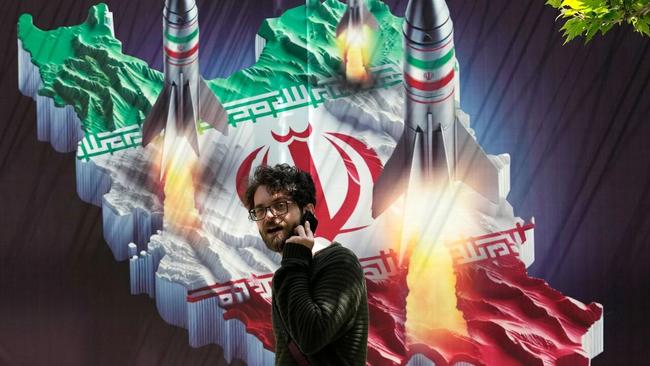Iran and the United States will begin high-level talks in Oman to address Tehran’s growing nuclear programme. The discussions come at a time of heightened regional instability and rising military threats.
The Iranian delegation, led by Foreign Minister Abbas Araghchi, has arrived in Muscat. Talks are scheduled for Saturday. Steve Witkoff, President Trump’s Middle East envoy, will lead the US team.
Iran remains cautious. Officials question whether the talks will yield any real progress. There is also mistrust of Trump, who has repeatedly warned of military action if no agreement is reached.
Disagreement on format and scope
Although both sides have shown some optimism, major gaps remain. The dispute has stretched on for more than two decades. One sticking point is the format of the discussions. The US wants direct talks. Iran, on the other hand, prefers indirect negotiations.
The talks will focus solely on Iran’s nuclear programme. Iran has ruled out any discussion of its defence systems, including its missile programme. Supreme Leader Ayatollah Ali Khamenei has granted Araghchi full authority to manage the talks. An Iranian official said the outcome depends on US “seriousness and goodwill”.
A region on edge
Tensions across the Middle East have grown since 2023. Conflicts in Gaza and Lebanon, missile exchanges between Iran and Israel, Houthi attacks in the Red Sea, and the fall of Syria’s government have created widespread instability.
Iran has warned neighbouring countries that host US bases. Any role in a US-led military action, Tehran says, would result in “severe consequences”.
Ongoing nuclear concerns
Iran says its nuclear programme serves peaceful purposes. Western countries disagree. They argue Iran has enriched uranium beyond civilian requirements. Some stockpiles have reached levels close to those needed for weapons.
Since leaving the 2015 nuclear deal in 2018, the US has reimposed sanctions and increased pressure on Iran. Iran has responded by enriching uranium to 60% purity—close to weapons-grade.
US Secretary of State Marco Rubio expressed hope for peace through dialogue. He stressed that Iran must never be allowed to acquire a nuclear weapon. Tehran responded by saying it is offering a “genuine opportunity” despite what it calls Washington’s “confrontational tone”.
